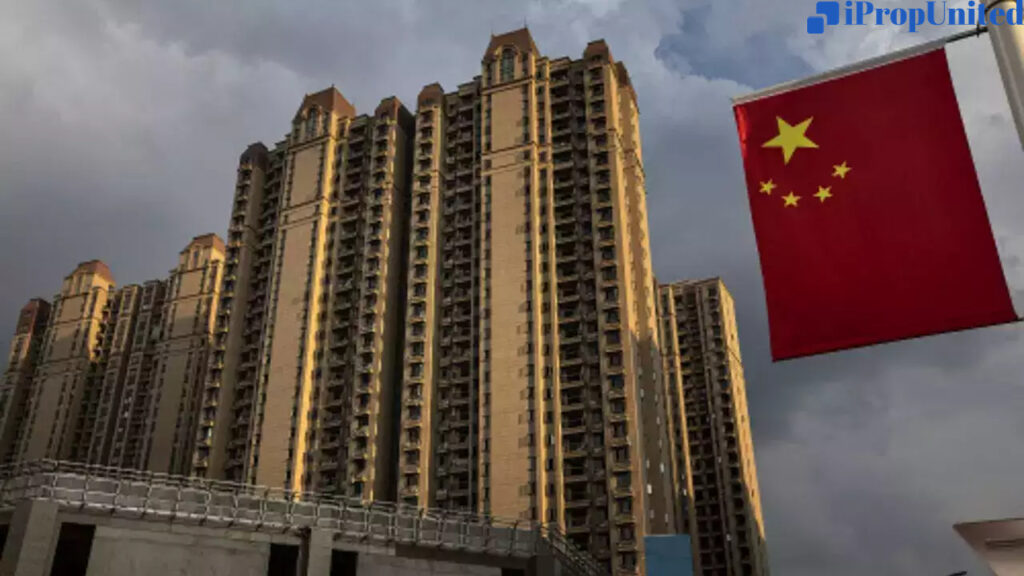The government’s intervention comes in response to numerous complaints against investors who, having acquired plots at concessional rates to encourage investment and employment, allegedly engage in leasing or reselling these spaces.

NOIDA: Uttar Pradesh government is tightening regulations to ensure that companies allocated plots for IT, ITES, and institutional purposes construct and operate their own offices on the designated premises, rather than resorting to renting or selling them. The directive, issued by Manoj Kumar Singh, the UP infrastructure and industrial development commissioner, applies to all six industrial development authorities in the state, including prominent areas like Noida and Greater Noida.
The government’s intervention comes in response to numerous complaints against investors who, having acquired plots at concessional rates to encourage investment and employment, allegedly engage in leasing or reselling these spaces.
Singh emphasized the intention behind the directive, stating, “They are meant for entrepreneurs or investors who genuinely intend to establish industries and institutions by investing their funds.” The directive not only addresses the misuse of allocated plots but also aims to foster a conducive environment for authentic investment and enterprise development.
As part of the directive, industrial development authorities are instructed to conduct thorough background checks on applicant-entrepreneurs before making new allotments in categories such as industrial, institutional, IT, and ITES spaces. This proactive measure aims to ensure that only companies capable of self-investment and genuine establishment of enterprises or institutions are granted plot allotments.
Moreover, the directive introduces a stringent requirement: prior permission from the CEO is mandatory if a plot is allotted to a relative of any authority employee. Failure to adhere to this rule will be considered an act of indiscipline.
The Uttar Pradesh government had previously introduced the e-auction process for industrial plot allotments in April 2022 but later reverted to the draw of lots, interviews, and background checks in July of the same year. Vipin Malhan, president of the Noida Entrepreneurs Association, welcomed the new directive, expressing hope that it will deter profit-centric investors. “With the authorities reverting to the draw of lots, interviews, and background checks, genuine companies will receive the land now,” he stated, affirming the positive impact of these measures on fostering authentic business development in the region.
Follow and Connect with us: Twitter, Facebook, Linkedin, Instagram













